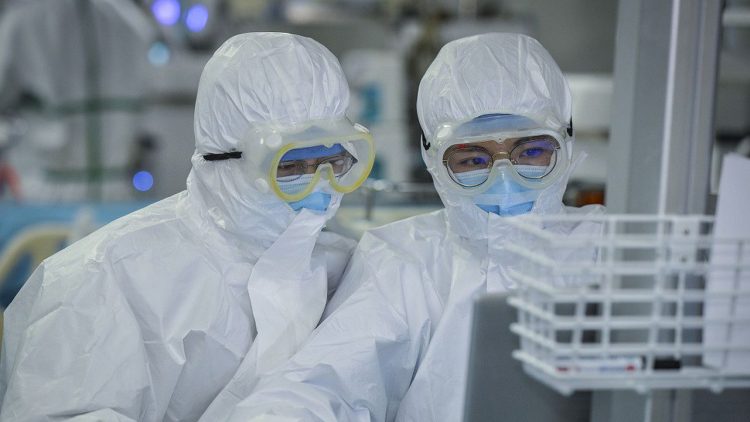“Uncertainty for the Škoda brand after 2026, especially until 2031, there is a risk of a decrease in occupancy and employment. If the EU7 ‘hard’ standard is adopted, the risk of losing up to 10,000 jobs increases, ”said Jaroslav Povšík, Chairman of the Works Council.
–
Volkswagen raised the issue of European and World Works Council meetings last week at a meeting of electro-mobility seats.
–
The adoption of the mentioned emission standard would mean for Škoda Auto in practice that it will most likely have to stop producing 1.0 TSI engines, which would probably take place after 2026 if strict regulation was approved, writes E15.
–
As the European Commission pushes to reduce CO2 emissions from new cars, the share of conventional cars produced in European carmakers will decrease.
–
According to unions, by 2030, up to 70 percent of the cars produced could be electric cars.
–
Škoda Auto has several plans to maintain the highest possible employment for as long as possible.
–
“Our Board of Directors and Jaroslav Povšík, Chairman of the Kovo Unions, fought together to get a 1.5 TSI engine into production. And I can already say that this engine was knocked down on us. Our goal is to switch to these units, which is technically feasible and will not be dramatically expensive. This will extend our employment in the field of internal combustion engines by several years, ”said Michael Oeljeklaus, a member of the Board of Directors for Production and Logistics, for the Škoda Trade Union.
–
Chairman of the Board Thomas Schäfer rejected concerns about a possible reduction in the number of employees as early as September.
–
In a letter to employees, he wrote that Škoda had been given the opportunity to produce additional electric cars from the Volkswagen Group, so that it would be possible to maintain jobs in Czech plants.
–
Škoda now produces one purely electric car, the SUV Enyaq iV. At the beginning of the year, the Enyaq iV in the Coupé version will be launched. Subsequently, the company will produce three more electric cars.
–
According to board member Martin Jahn, cars with internal combustion engines will be manufactured for many years to come, as will spare parts. New cars and new components will be needed for new cars. There should be no risk of collective redundancies.
–
“Planning rounds take into account retraining and placement of employees. Retraining will take place gradually, along with the disruption of internal combustion engines, ”Jahn said earlier at the works council.
–
Povšík also said at the World Council that the current uncertainty about the management of the Volkswagen Group needs to be ended.
–
“This uncertainty weakens the whole group, all of us,” he said.
–
Among other things, the supervisory board of Volkswagen should deal with personnel changes in the company’s management on Thursday. According to Der Spiegel, as part of these changes, the Chairman of the Board of Directors of Škoda Auto, Thomas Schäfer, should become the head of the main VW brand.
—


